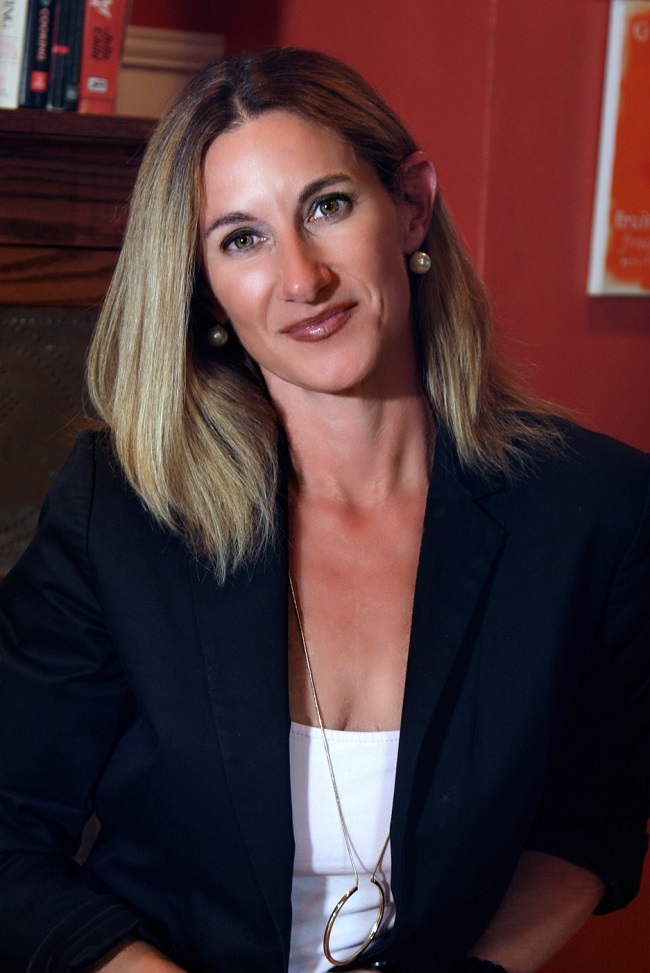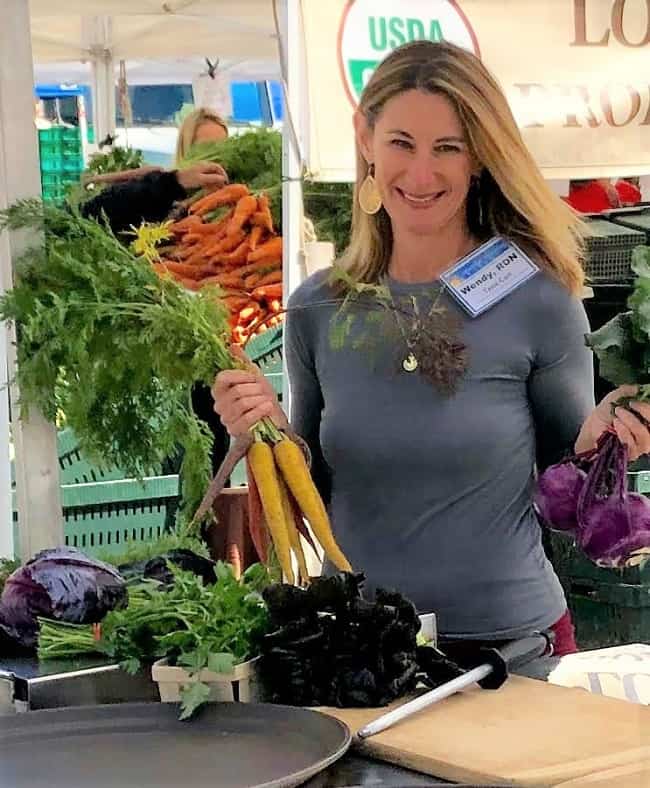
It’s been four years since the Walmart at Tangerine Plaza in St. Petersburg closed. In that time the store has sat empty while elected leadership and city staff decides what to do with the city-owned shopping center.
Opinion
By Wendy Wesley, Guest Columnist
My patient was sitting on the edge of the bed, street clothing on and bags packed awaiting discharge from the hospital. His diabetic foot ulcers were professionally banded this time and his feet were stuffed into shoes with toes cut open.
I introduced myself as his dietitian and let him know I was consulted by his cardiologist to give him nutrition education for his diabetes, cardiac disease and stage 4 kidney failure.
I reviewed the foods he should eat, which were primarily lower sodium choices, fresh produce and whole grains. He stopped me with the news that his neighborhood grocery store had closed one year prior.
“I know how I should eat. I understand,” he said. “The food just doesn’t exist in my neighborhood.”
“I used to walk there,” he said. “Every other day I got fresh vegetables and fruits, nuts, and other stuff that I would store in my room.”
“So, how do you get groceries now?” I asked.
“I don’t,” he answered. “Since that store closed, I’ve been eating junk from a gas station. Chips and crackers and stuff. And that’s when things got bad for me.”
As a dietitian, I studied food insecurity as part of my clinical rotations but had never treated someone living in the throes of it. He pointed to the closing of the Walmart at Tangerine Plaza as the fast catalyst to his worsening health and frequent hospitalizations.
When I met him in 2018 he was one year into living in the Midtown food desert. His medical records and lab results confirmed to me that when the store was open he better managed his chronic diseases.
Since leaving clinical work I have lost contact with him and I wonder how he, and the many patients I treated who live in St. Petersburg foods deserts, are doing while facing greater economic challenges and increasing food insecurity.
The largest retail space of the city-owned Tangerine Plaza, once the site of full-service grocers Sweetbay and Walmart, has sat empty since February 2017.
The plaza is located within the city’s South Community Redevelopment Area which was created to promote development in housing, neighborhoods and businesses. It compromises 7.4 square miles and is one of the largest in Florida. In addition, the plaza sits within a 42-block area of south St. Petersburg with no full-service grocery store.
The city reports that a developer with a grocery store tenant will come in this year. In fact, they intend for a lease to be executed as soon as March. However, I never imagined that when I wrote about Tangerine Plaza one-and-a-half years ago we would be well into 2021 and still not have this problem solved by city leadership.
Instead of focusing so intently on the rushed redevelopment of Tropicana Field I wish city leadership would pay attention to needy residents directly under its nose.
Our elected officials, including our mayor and the city council representative who serves Midtown, have had four years to solve this problem. This is not four years with a stubborn property owner who will not budge, but four years of no movement on a property the city owns.
Pre-pandemic data shows that 12.5 percent of Pinellas households are food insecure, which creates a food budget shortfall of more than $73 million. Imagine what that data will show today.
Let’s take the foot off the gas of the Tropicana Field redevelopment and dedicate some vital and precious bandwidth on residents of this city who are struggling with chronic disease. Let’s ask for leadership to consider the needs of residents facing the greatest challenges today.
When the pandemic is behind us downtown will thrive again, the arts and tourism will flourish and our enviable restaurant and nightlife scene will return. All these things make St. Petersburg, my hometown, sparkle.
But many in our community are marginalized, left behind and hindered by a lack of leadership, action and vision.
St. Petersburg is only as good as its sickest and most vulnerable residents.

Wendy Wesley is a registered and licensed dietitian and nutritionist who works to improve the health of the community. She is a food policy activist who writes, speaks and podcasts about chronic disease, nutrition insecurity, food literacy and health equity throughout Florida. Ms. Wesley works in private practice where she helps her clients eat more nutrient-dense foods to manage chronic disease and reduce their reliance on medications. She is the author of “Good (Enough) in the Kitchen: Believing in Your Cooking for Better Health, a Fatter Wallet and a Big Environmental Impact.”
